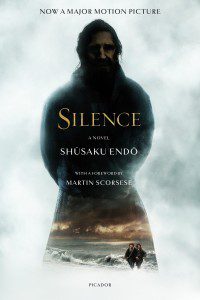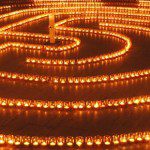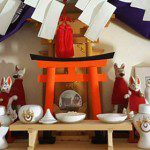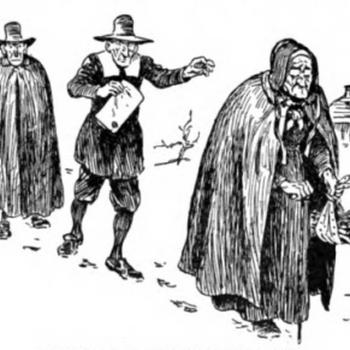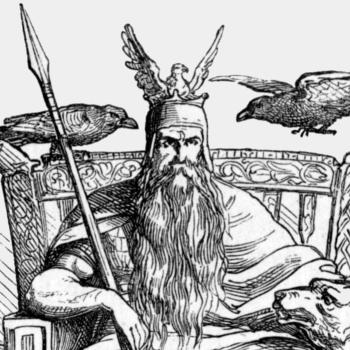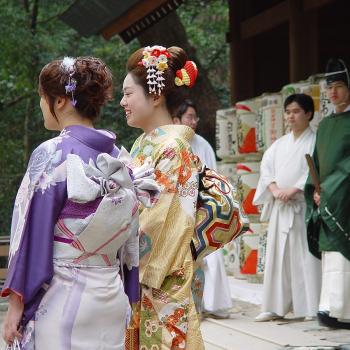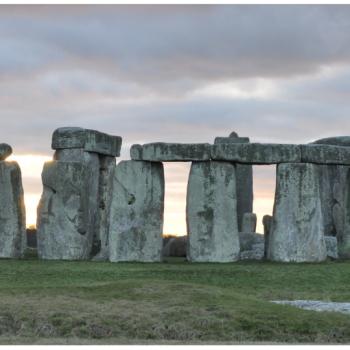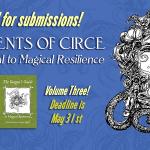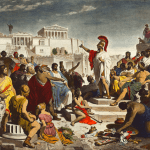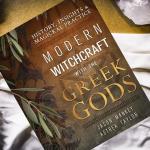(1966)
I think it’s fair to say that Shūsaku Endō, and his classic novel Silence, were relatively unknown to the general public outside Japan until this year, when Martin Scorsese released his blockbuster movie adaptation. I haven’t yet watched Scorsese’s Silence (I’m a little reluctant to sit in a cinema for over two hours!) but I did read another novel by Endō, The Sea and Poison, about 10 years ago as part of my Japanese Studies degree. So I was pretty excited that Endō’s work was getting some new attention worldwide thanks to Scorsese’s film, and thought it would be the perfect time to finally read Endō’s most well-known novel, Silence.
Silence is the story of Portuguese Jesuit Rodrigues sent to Japan in the 1630s (when Christianity was banned) to track down his mentor Ferreira who has apparently renounced his faith in order to save himself. On arriving in Japan, he makes contact with the downtrodden and poverty-stricken Japanese Christians and (inevitably) gets captured by officials. He’s then given with a moral dilemma – should he or shouldn’t he renounce his faith if it means he can spare others of suffering? And what has become of Ferreira after all this time?
It’s easy to see why Silence is regarded as a masterpiece. It is an enlightening exploration of what it means to be a Christian, how Christianity interacts with foreign lands, and the nature of sacrifice and martyrdom. The parallels between Rodrigues and the lift of Christ are explicit: Rodrigues arrives as an outsider preaching a forbidden doctrine, finds himself betrayed, suffers terribly, and must then commit self-sacrifice in order to save his followers. And all the while, like Jesus, he can’t help but feel forsaken – the “silence” refers to the silence of the Lord in the face of suffering. It is a deep read, full of levels of interpretation.
Like The Sea and Poison, Silence is a great book but it is occasionally ponderous, stark, and bleak. I appreciate the literary and cultural value of Silence, as well as its important spiritual message, but admittedly I didn’t find it as gripping as Dougill’s In Search of Japan’s Hidden Christians. If you’re interested in Christianity in Japan perhaps read In Search of Japan’s Hidden Christians first!

